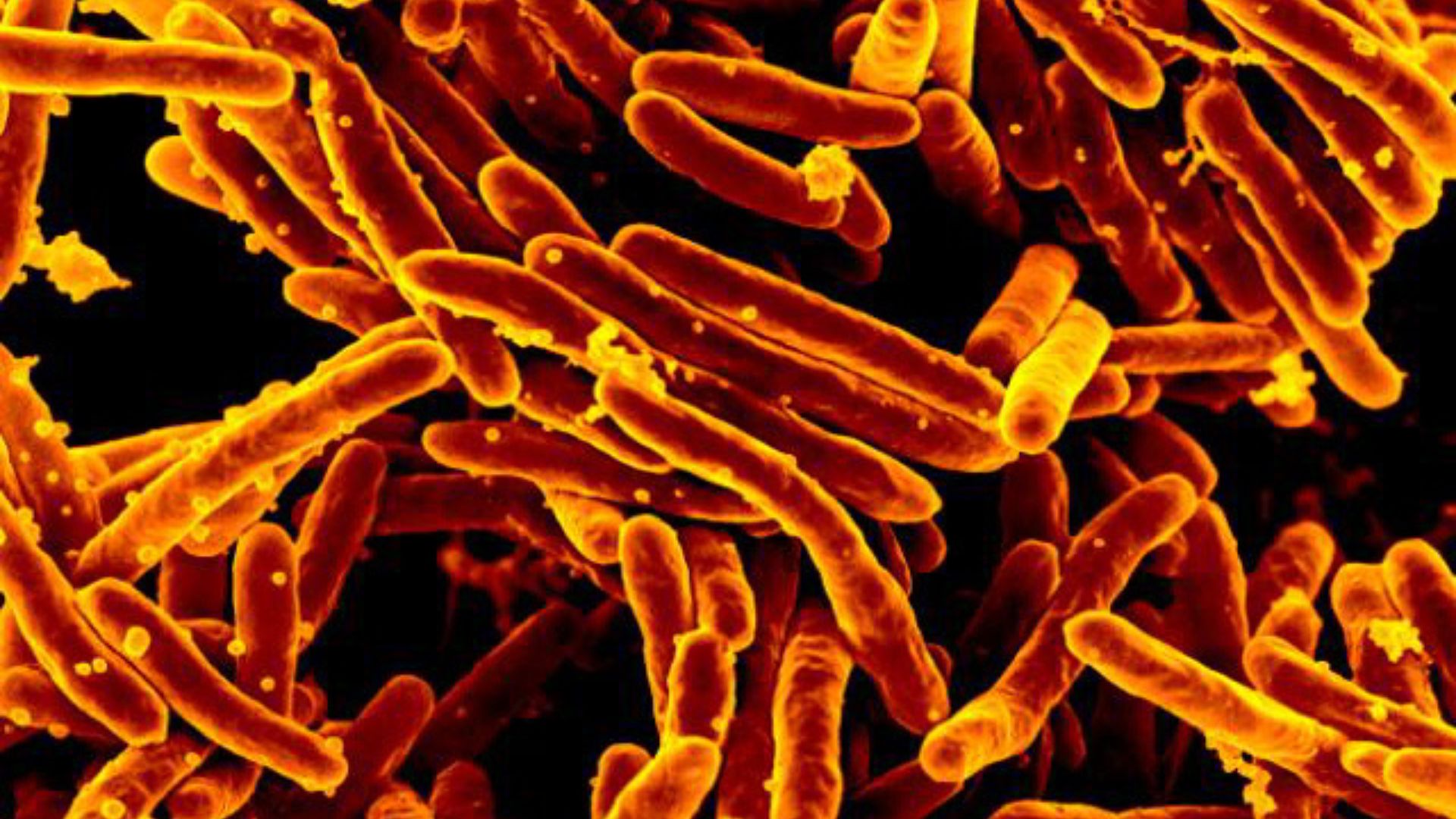Sketchy stem-cell treatments in Mexico led to drug-resistant infections
Three U.S. hospital patients contracted drug-resistant infections in Mexico in 2022 and were still being treated as of March 2024.

Get the world’s most fascinating discoveries delivered straight to your inbox.
You are now subscribed
Your newsletter sign-up was successful
Want to add more newsletters?

Delivered Daily
Daily Newsletter
Sign up for the latest discoveries, groundbreaking research and fascinating breakthroughs that impact you and the wider world direct to your inbox.

Once a week
Life's Little Mysteries
Feed your curiosity with an exclusive mystery every week, solved with science and delivered direct to your inbox before it's seen anywhere else.

Once a week
How It Works
Sign up to our free science & technology newsletter for your weekly fix of fascinating articles, quick quizzes, amazing images, and more

Delivered daily
Space.com Newsletter
Breaking space news, the latest updates on rocket launches, skywatching events and more!

Once a month
Watch This Space
Sign up to our monthly entertainment newsletter to keep up with all our coverage of the latest sci-fi and space movies, tv shows, games and books.

Once a week
Night Sky This Week
Discover this week's must-see night sky events, moon phases, and stunning astrophotos. Sign up for our skywatching newsletter and explore the universe with us!
Join the club
Get full access to premium articles, exclusive features and a growing list of member rewards.
Three people who traveled to Mexico for stem-cell injections that are not approved in the U.S. contracted difficult-to-treat, drug-resistant infections, a Morbidity and Mortality Weekly Report (MMWR) from the Centers for Disease Control and Prevention warned Thursday (May 9).
The infections were caused by Mycobacterium abscessus, a bacterium that's distantly related to the ones behind tuberculosis and leprosy. The microbe commonly lurks in soil, water and dust, and it's known to sometimes contaminate medications and medical devices and thus cause infections in health care settings.
Symptoms can include boils and pus-filled bubbles, in the case of skin infections, as well as fever, chills and muscle aches, when soft-tissue infections occur. Sometimes, the bacteria can invade the bloodstream. Treating the infection involves removing infected tissues and draining pus from the body, as well as giving antibiotics for a prolonged period.
For a given patient, doctors may have to test different drugs against samples of bacteria from their body, in order to find the most lethal combination against the drug-resistant bug.
All three patients who got stem-cell injections in Mexico underwent the procedures in 2022, and as of March 2024, they were still being treated for M. abscessus infection in U.S. hospitals, according to the MMWR.
Related: Dangerous 'superbugs' are a growing threat, and antibiotics can't stop their rise. What can?
"Providers and public health agencies need to be aware of the risk for M. abscessus infections from stem cell treatments for indications not approved by the Food and Drug Administration and maintain vigilance for similar cases," the report's authors wrote. "They also are advised to provide guidance for persons considering medical tourism."
Get the world’s most fascinating discoveries delivered straight to your inbox.
The only stem-cell products currently approved in the U.S. contain precursors to different cells in the blood, and they're cleared to treat disorders that affect the production of blood.
The first of the three cases involved a Colorado woman in her 30s, who in October 2022 had traveled to Baja California to get stem-cell injections in the tissues that surround the brain and spinal cord.
The injections were reportedly intended to treat the autoimmune disease multiple sclerosis, for which there are no approved stem-cell treatments in the U.S. After the injections, she developed headaches and fever, and at a hospital in the U.S., the fluid around her brain and spinal cord tested positive for M. abscessus. This indicated she had a serious infection called bacterial meningitis.
Two similar cases involved men in their 60s — one from Arizona and one from Colorado. The Arizona man had developed an infection in his elbow after traveling to Baja California for treatment of psoriatic arthritis. He was treated at a different clinic than the Colorado woman was, and the clinics were 167 miles (269 kilometers) apart.
The Colorado man, meanwhile, had traveled to Guadalajara, Mexico, for treatment of osteoarthritis in his knees and then developed infections in both knees. The use of stem-cell injections for multiple sclerosis and arthritis are unproven, as potential stem-cell therapies for these conditions are still being investigated.
While treating the patients, a U.S. hospital obtained samples of the M. abscessus bacteria from the Colorado woman and Arizona man; samples from the Colorado man still need to be closely assessed, but they've been confirmed to be M. abscessus.
Genetic analyses revealed that the two patients' samples were a near-perfect match. Therefore, the investigators "suspect a common infected source" for these two patients, meaning the same products or equipment may have been contaminated in both cases.
However, authorities "attempted to contact clinics that performed the stem cell injections, but received no response," the MMWR notes, and "attempts to identify the product or gather details about its administration have been unsuccessful to date." Authorities in the U.S. and Mexico are continuing to investigate the three known cases and are looking for additional ones.
Medical tourism has been tied to M. abscessus infections in the past. For example, a Canadian man who underwent a hair transplant in Panama developed such an infection on his scalp. So these superbug infections can arise after both cosmetic procedures and therapies intended to treat disease.
This article is for informational purposes only and is not meant to offer medical advice.
Ever wonder why some people build muscle more easily than others or why freckles come out in the sun? Send us your questions about how the human body works to community@livescience.com with the subject line "Health Desk Q," and you may see your question answered on the website!

Nicoletta Lanese is the health channel editor at Live Science and was previously a news editor and staff writer at the site. She holds a graduate certificate in science communication from UC Santa Cruz and degrees in neuroscience and dance from the University of Florida. Her work has appeared in The Scientist, Science News, the Mercury News, Mongabay and Stanford Medicine Magazine, among other outlets. Based in NYC, she also remains heavily involved in dance and performs in local choreographers' work.
 Live Science Plus
Live Science Plus





